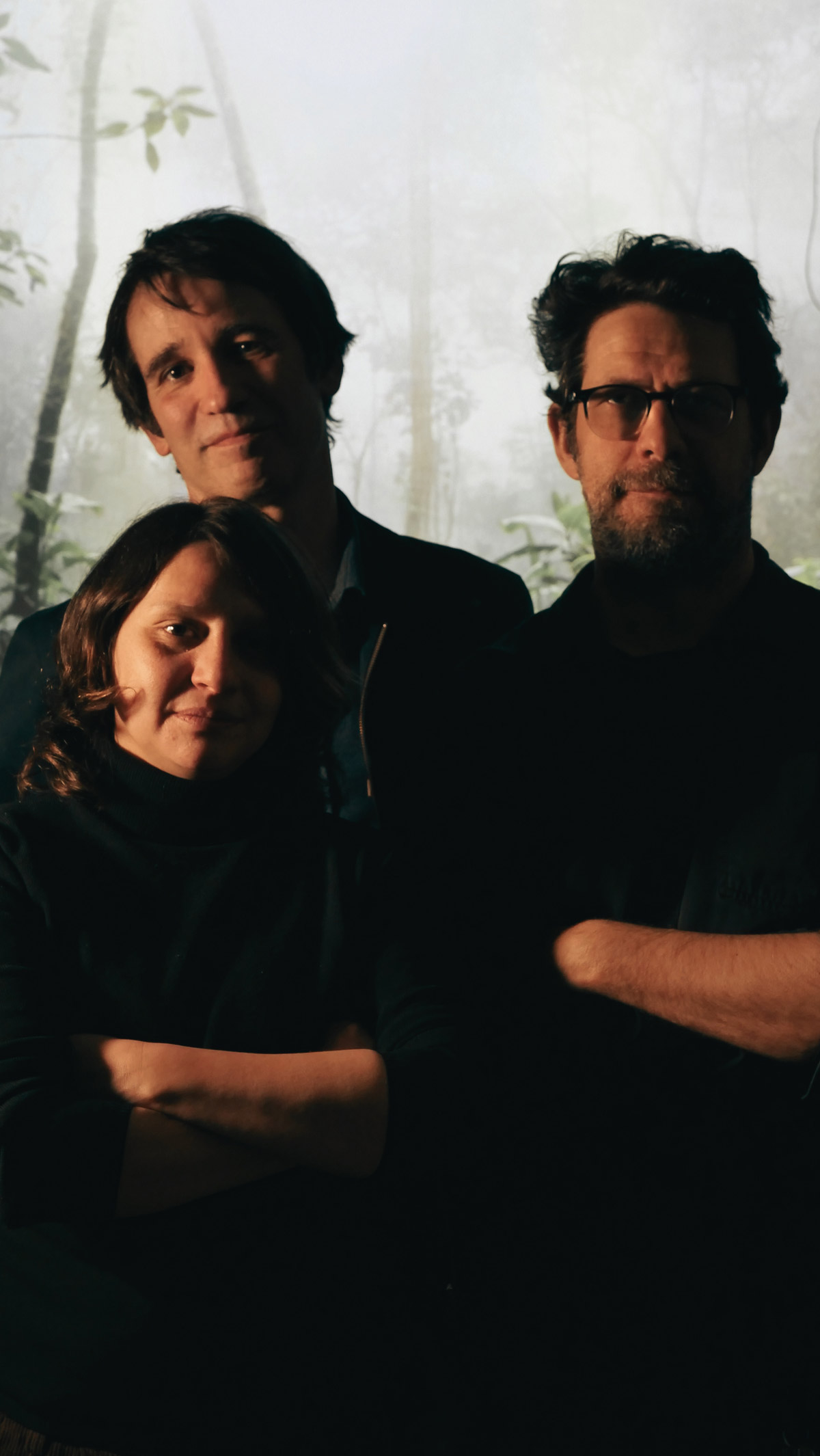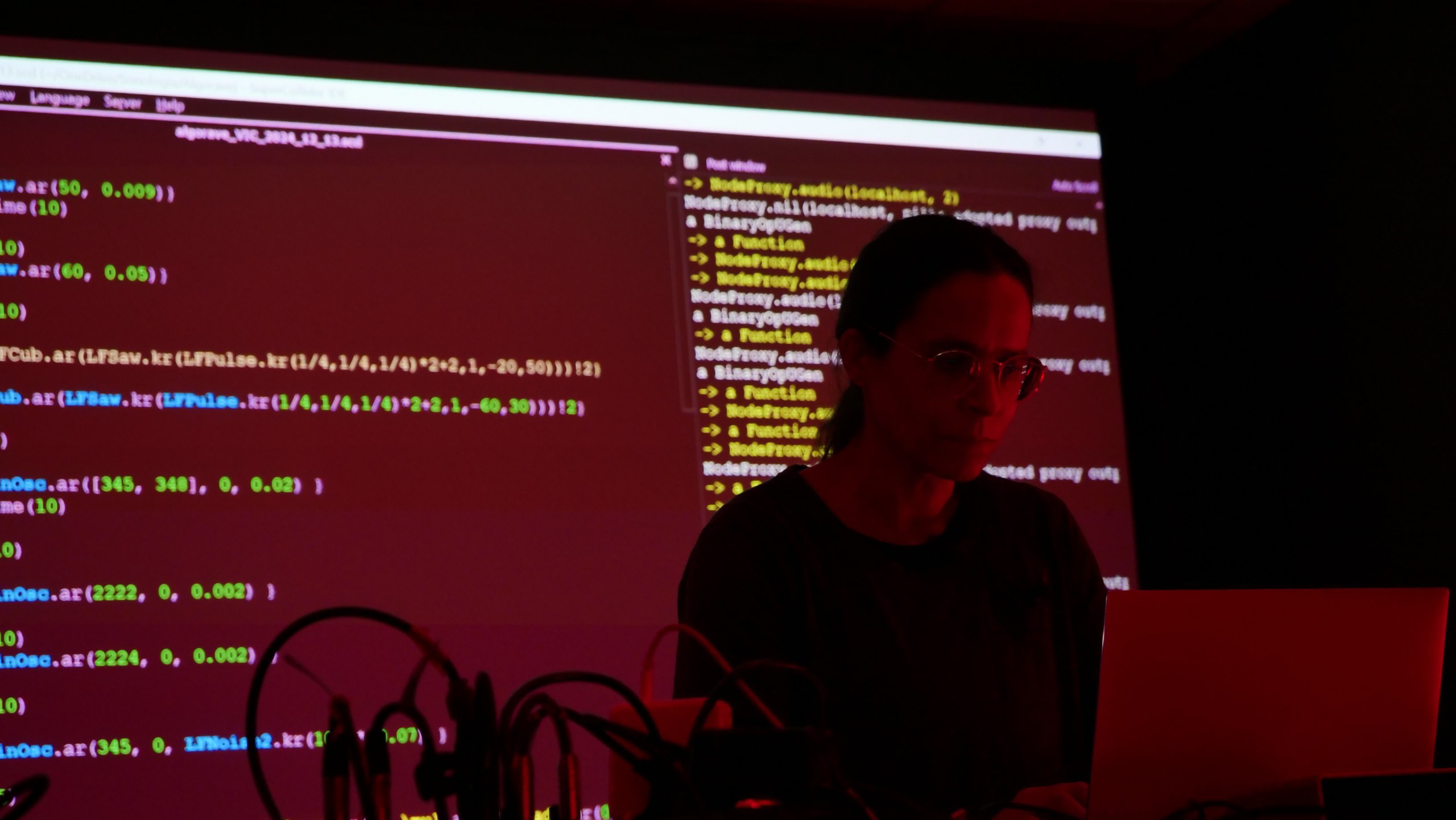What is
Live Coding?
Real-time programming performance where coders write, explain, and execute code while an audience observes.
Introduction
Live coding is a method of programming where developers write and execute their code in real time while an audience watches. It's like watching an artist create a painting or a musician perform a song, except the focus is on writing computer code.
In a live coding session, the coder typically has a computer screen or projection that displays their code editor, which is a specialized software for writing and organizing code. As they write the code, the audience can see each line being typed and the code appearing on the screen.
The main purpose of live coding is to demonstrate and explain programming concepts, techniques, or solutions to a specific problem. It allows the audience to witness the thought process and problem-solving skills of the coder, as they explain what they are doing and why.
The coder might start with a blank document or an existing codebase and begin by explaining the problem they want to solve. They then write the code step by step, explaining their decisions, discussing alternative approaches, and sometimes making mistakes along the way. The audience can observe the code taking shape, see how it evolves, and understand how different programming concepts are applied.
During a live coding session, the audience can ask questions, make suggestions, or share their own insights. This interactive aspect enhances the learning experience and encourages collaboration. The coder can address questions on the spot, clarify concepts, or even incorporate audience suggestions into their code.
Live coding sessions can be found in various settings, such as conferences, workshops, online platforms, or video streams. They serve as educational tools to teach programming concepts, inspire creativity, and foster a sense of community among developers.
TOPLAP Barcelona
Responsive Dreams will host several artists (live coders) from TOPLAP Barcelona, an association that brings together scientists and artists working in production and research within the intersection of technology, science, and digital arts. Their activities include the design and execution of European projects (the most recent being onthefly), collaborations with universities and research centers as well as workshops.
TOPLAP Barcelona emerged from diverse practices and communities that existed before the association was officially founded in 2018. A mix of academics, do-it-yourselfers and otherwise “unaffiliated” music and technology aficionados developed tools, held workshops and put on concerts, exploring a wide range of sound and visual practices. Many of them embraced computer coding as an explicit artistic gesture. People and practices gathered and dispersed, coming from many places to coalesce and form the core of the new community.
Before the official founding of the collective, there were three algoraves. The first one was organized by Lina Bautista after the live.code.festival (which was held in Karlsruhe) on December 1, 2013. At the time, she had a group called Codetroller, arguably one of the first live coding groups in Barcelona. The other two were organized in October, 2016, and July, 2017, in collaboration with Iván Paz, and Niklas Reppel, who moved from Karlsruhe to Barcelona at the start 2017. The last of the three happened in conjunction with a TidalCycles workshop by Alexandra Cárdenas. These events were key moments that created the foundations of what would later become the TOPLAP Barcelona residency at Hangar, a centre for art research and production. Apart from live coders performing music and visuals, these events also featured people using modular synths (Barcelona has a strong modular synth community).










